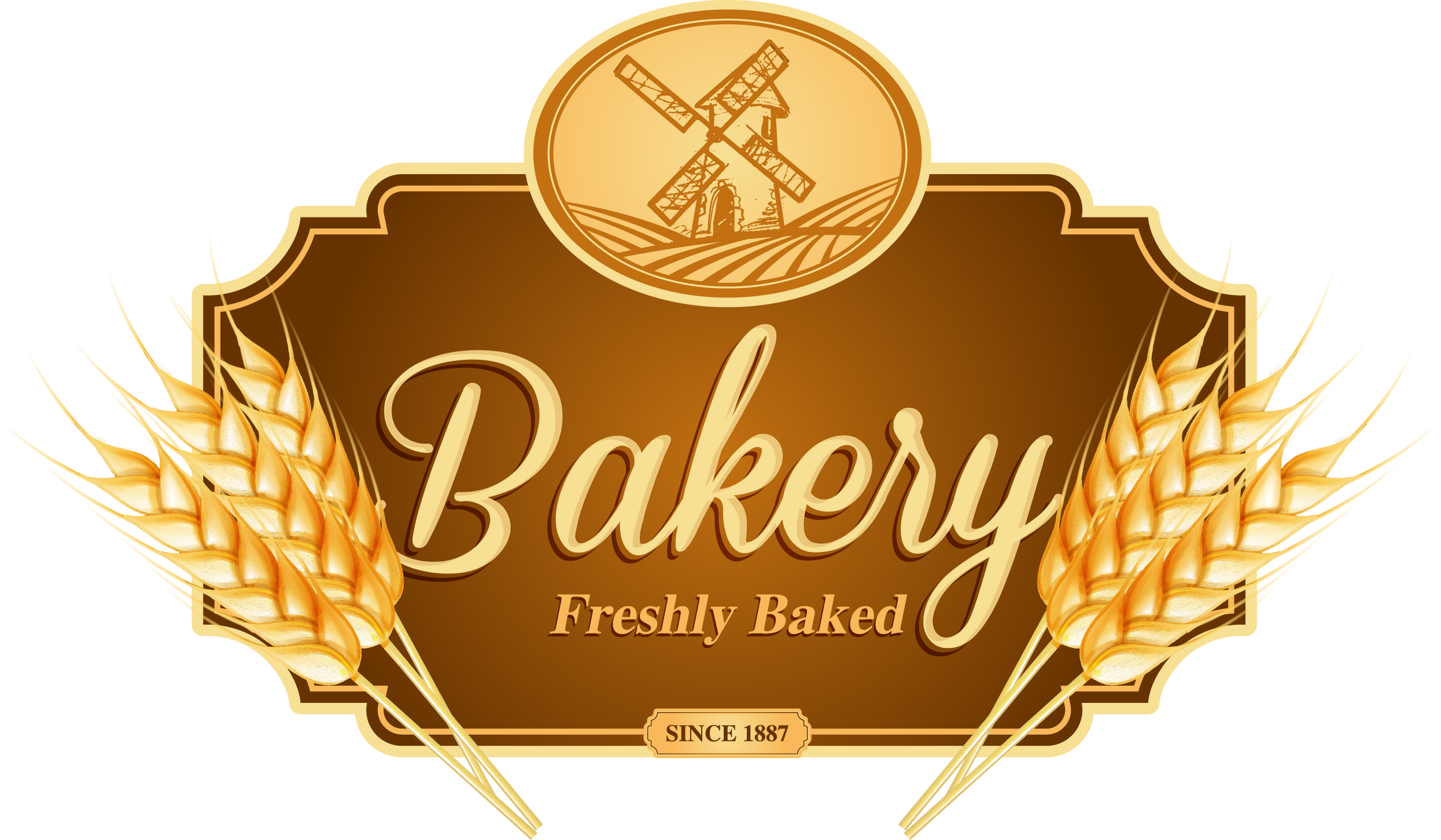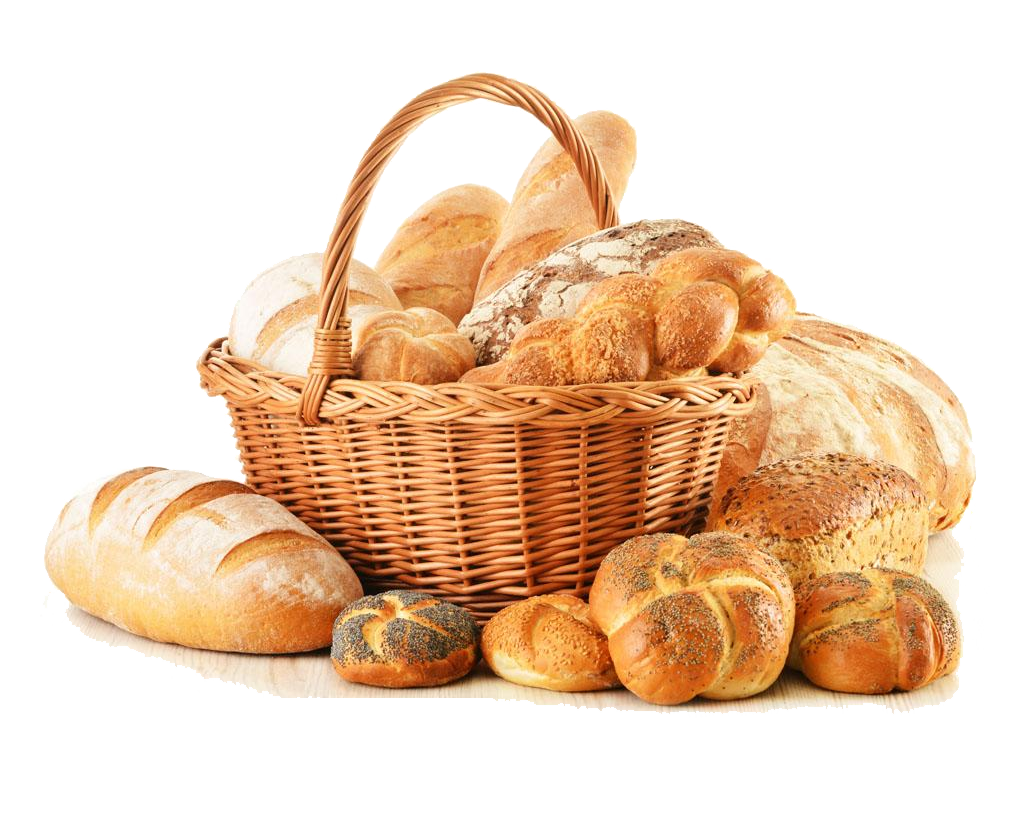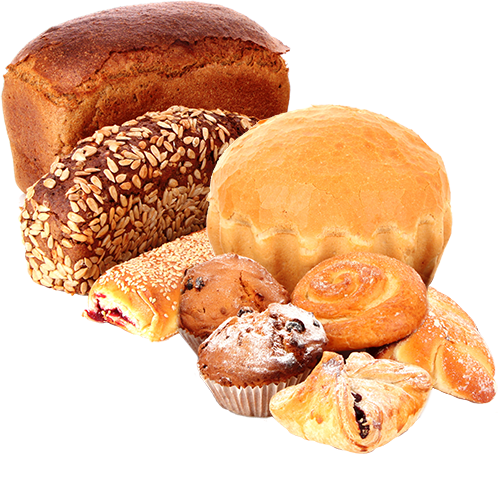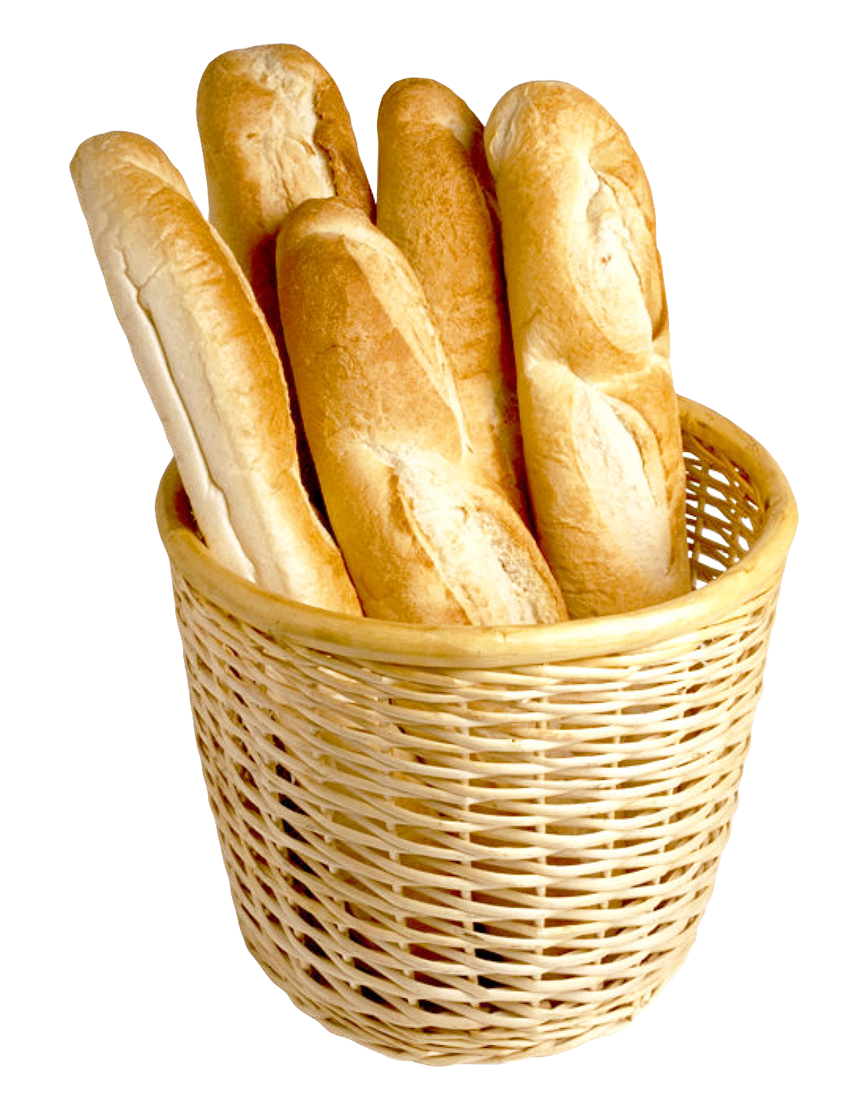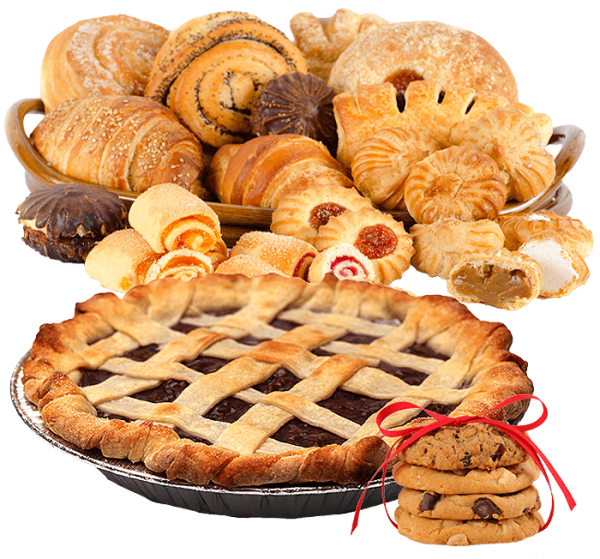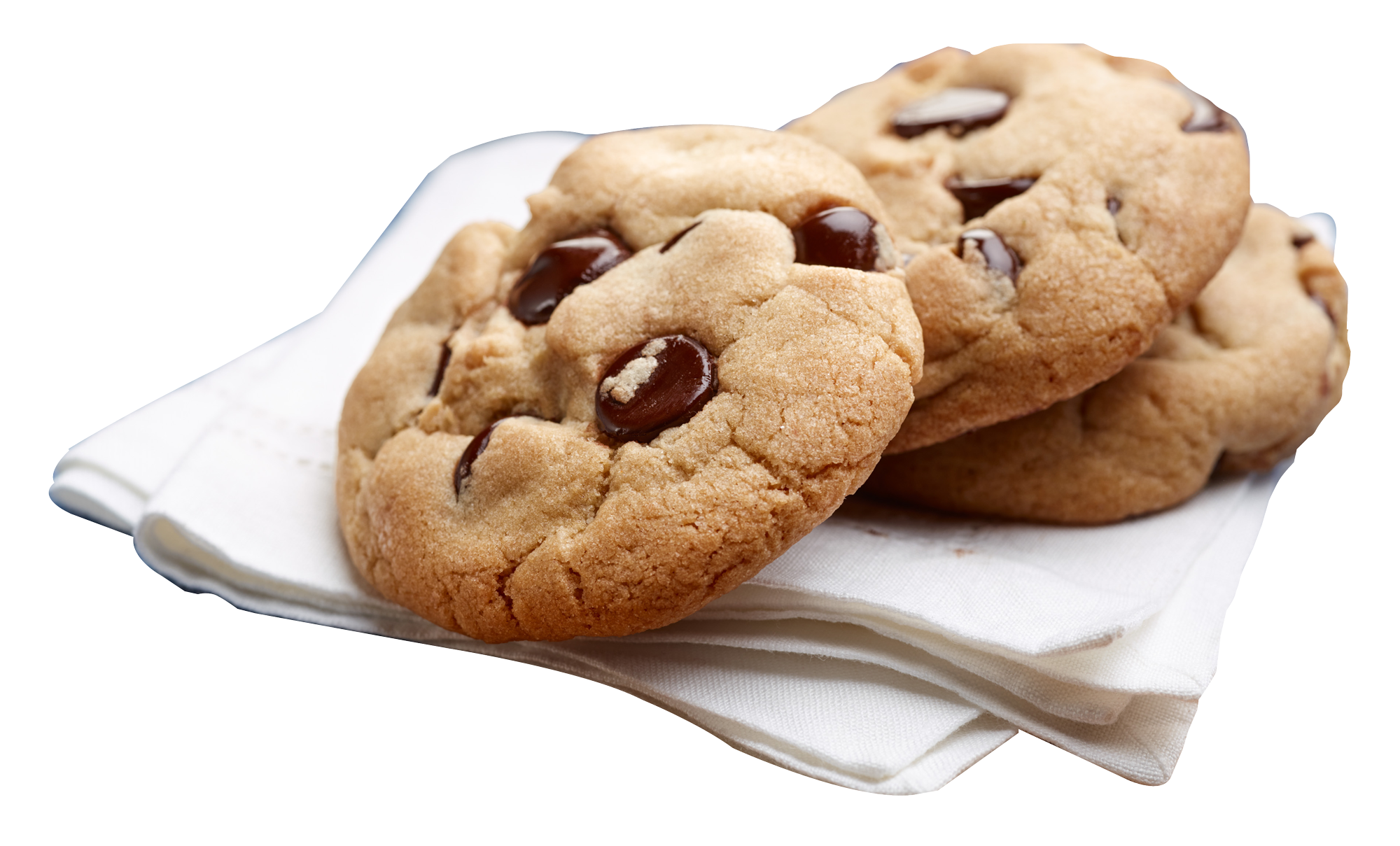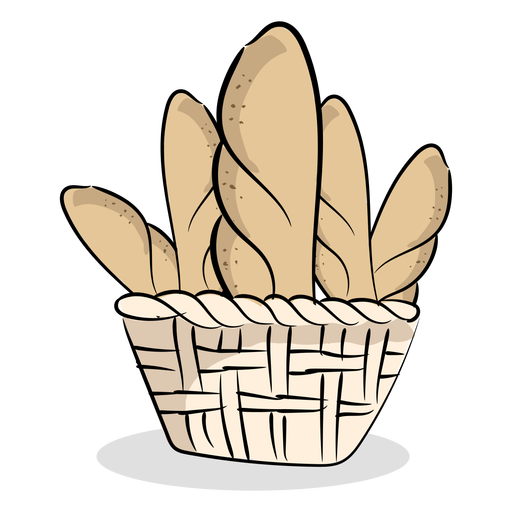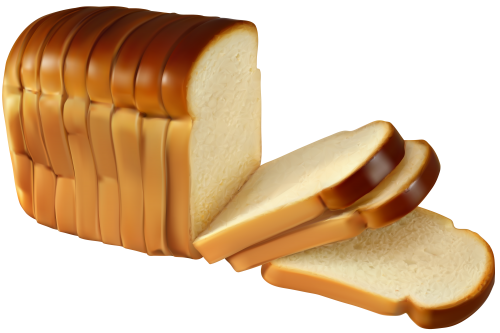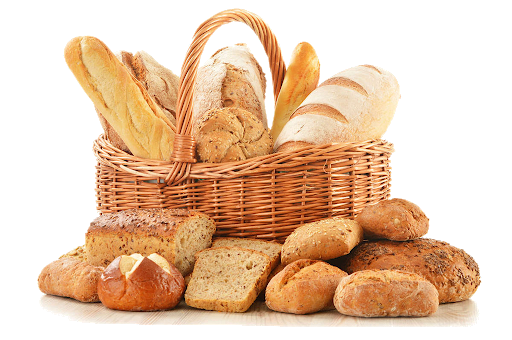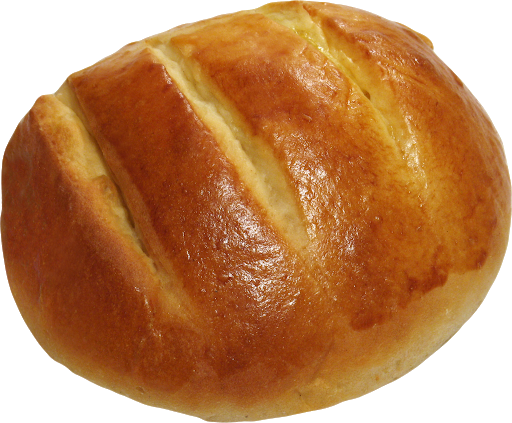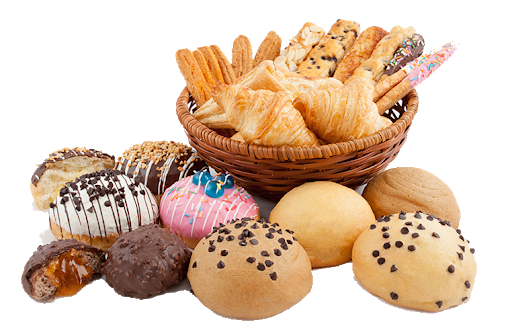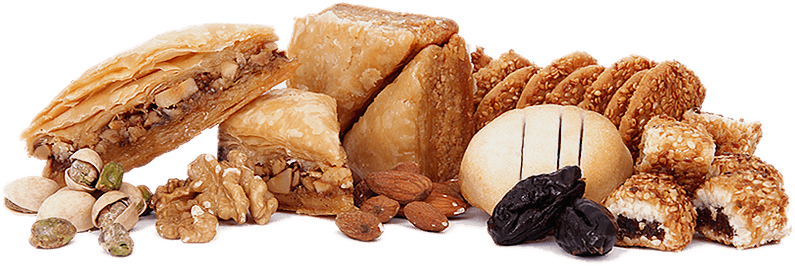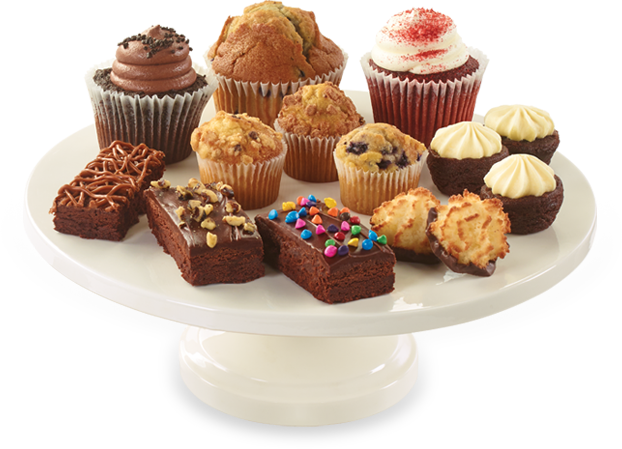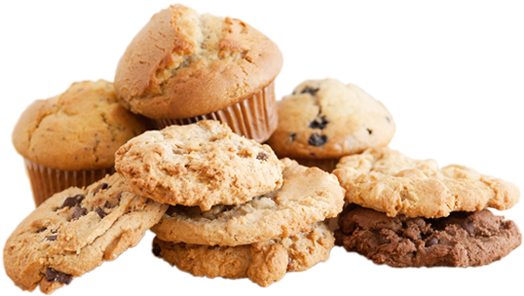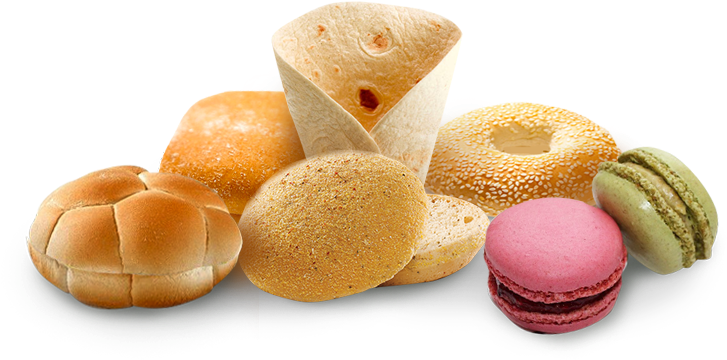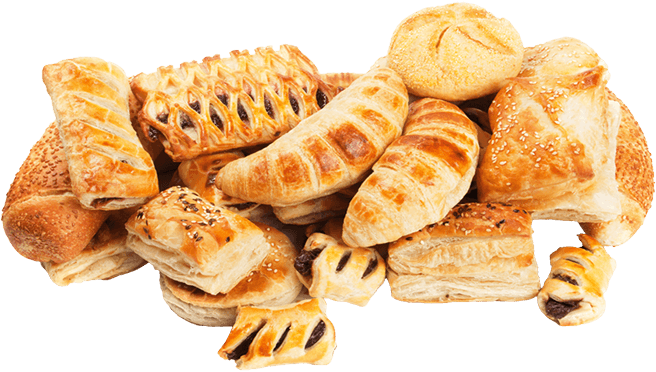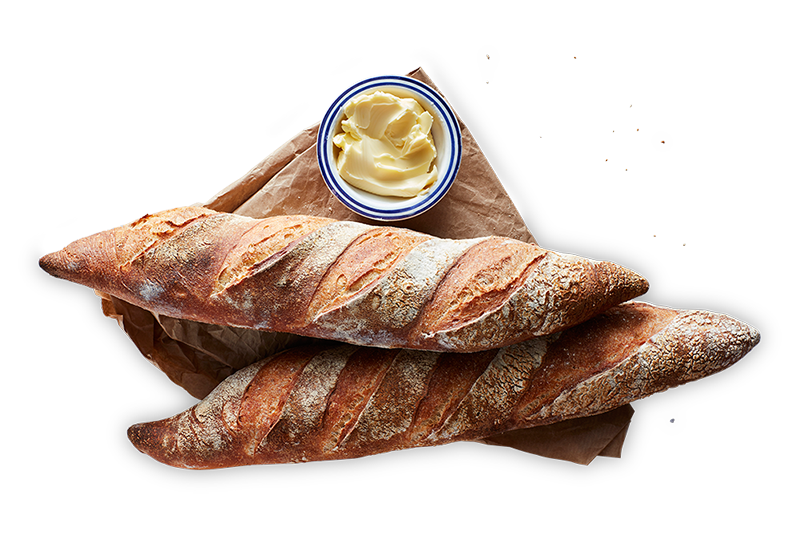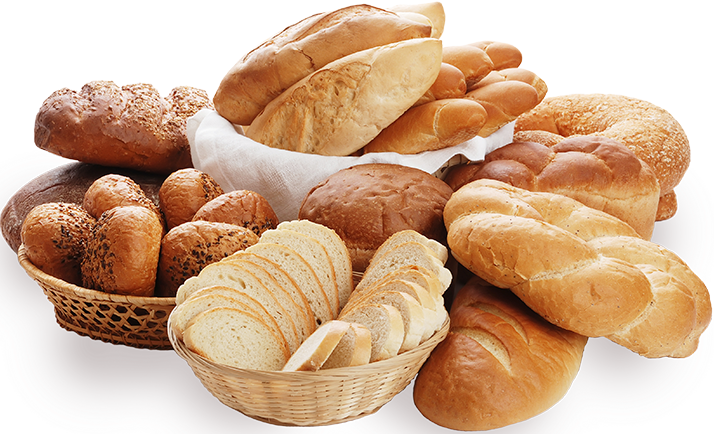Download top and best high-quality free Bakery PNG Transparent Images backgrounds available in various sizes. To view the full PNG size resolution click on any of the below image thumbnail.
License Info: Creative Commons 4.0 BY-NC
A bakery is a business that manufactures and markets flour-based products baked in the oven, such as bread, cookies, cakes, pastries and pies. Some retail bakeries are also in the café category, serving coffee and tea to customers wishing to consume baked food on premises. Confectionery is also produced in most bakeries around the world.
Bakery products have been around for thousands of years. The art of baking developed during the Roman Empire. It was a very famous art as the Roman citizens loved baking goods and often demanded important events such as holidays, weddings, etc. Due to the fame and desire that the art of baking gained, around 300 BC, baking was presented by the Romans as an occupation and a respected profession. Bakers began making bread at home in the oven, using mills to grind grain into flour for bread. The current search for bakery products continued, and the first bakers’ guild was founded in 168 BC in Rome. This harsh call for baked goods drives the development of baking throughout Europe and spreading to eastern parts of Asia. Bakers began to bake bread and food at home and sell it on the street.
This trend became commonplace, and soon baked goods began to be sold in Rome, Germany, London and many others. This led to creating a system for delivering goods to households, as the demand for bread and food increased significantly. This provoked bakers to create a place where people could buy baked goods for themselves. This is why the first open-air bakery of baked goods were developed in Paris, and since then, bakeries have become commonplace to buy delicious goods and collect them all over the world. Before the colonial era, bakeries were generally considered a gathering place.
On July 7, 1928, a bakery in Chillicothe, Missouri, introduced pre-sliced bread using the automatic bread slicer invented by Otto Frederick Rohwedder. Although the bread did not sell at first due to its “sloppy” appearance and the fact that it stagnated faster, it later gained popularity. During World War II, bread slicers were effectively banned because their metal was needed for wartime. When they were requisitioned, having created 100 tons of metal alloy, the decision turned out to be very unpopular with the housewives.
The Second World War directly affected the bread industries in the UK. At this time, bakery schools were closed, so that when the war finally ended, there were not enough qualified bakers. This led to new methods to meet the world’s bread demand—techniques such as adding chemicals to dough, premixes and special machines.
Download Bakery PNG images transparent gallery.
- Bakery Bread
Resolution: 622 × 800
Size: 118 KB
Image Format: .png
Download
- Bakery Logo PNG
Resolution: 2491 × 1452
Size: 1258 KB
Image Format: .png
Download
- Bakery PNG Download Image
Resolution: 512 × 512
Size: 19 KB
Image Format: .png
Download
- Bakery Items PNG Free Download
Resolution: 1024 × 815
Size: 881 KB
Image Format: .png
Download
- Bakery PNG High Quality Image
Resolution: 500 × 480
Size: 407 KB
Image Format: .png
Download
- Bakery PNG Images
Resolution: 512 × 512
Size: 12 KB
Image Format: .png
Download
- Bakery PNG Image File
Resolution: 512 × 512
Size: 22 KB
Image Format: .png
Download
- Bakery Bread PNG
Resolution: 850 × 1101
Size: 1120 KB
Image Format: .png
Download
- Bakery Logo PNG Image
Resolution: 600 × 555
Size: 54 KB
Image Format: .png
Download
- Bakery Sweets PNG
Resolution: 715 × 245
Size: 139 KB
Image Format: .png
Download
- Bakery Items PNG Picture
Resolution: 600 × 559
Size: 612 KB
Image Format: .png
Download
- Bakery PNG
Resolution: 700 × 313
Size: 357 KB
Image Format: .png
Download
- Bakery Sweets PNG Image
Resolution: 1600 × 2000
Size: 1319 KB
Image Format: .png
Download
- Bakery Bread PNG Image
Resolution: 500 × 332
Size: 246 KB
Image Format: .png
Download
- Bakery PNG Image
Resolution: 2000 × 1209
Size: 1902 KB
Image Format: .png
Download
- Bakery Bread Transparent
Resolution: 512 × 512
Size: 336 KB
Image Format: .png
Download
- Bakery Bread PNG Clipart
Resolution: 500 × 333
Size: 232 KB
Image Format: .png
Download
- Bakery Items PNG Free Image
Resolution: 814 × 406
Size: 398 KB
Image Format: .png
Download
- Bakery Transparent
Resolution: 512 × 341
Size: 195 KB
Image Format: .png
Download
- Bakery Sweets Transparent
Resolution: 1000 × 955
Size: 703 KB
Image Format: .png
Download
- Bakery PNG Clipart
Resolution: 512 × 340
Size: 259 KB
Image Format: .png
Download
- Bakery Bread PNG Free Download
Resolution: 512 × 423
Size: 377 KB
Image Format: .png
Download
- Bakery PNG Free Download
Resolution: 512 × 336
Size: 243 KB
Image Format: .png
Download
- Bakery Items PNG File
Resolution: 795 × 266
Size: 119 KB
Image Format: .png
Download
- Bakery PNG Picture
Resolution: 512 × 512
Size: 22 KB
Image Format: .png
Download
- Bakery Items
Resolution: 622 × 449
Size: 376 KB
Image Format: .png
Download
- Bakery Items PNG
Resolution: 524 × 296
Size: 296 KB
Image Format: .png
Download
- Bakery
Resolution: 971 × 314
Size: 597 KB
Image Format: .png
Download
- Bakery PNG Free Image
Resolution: 727 × 360
Size: 453 KB
Image Format: .png
Download
- Bakery Logo
Resolution: 2502 × 2482
Size: 845 KB
Image Format: .png
Download
- Bakery Sweets
Resolution: 520 × 940
Size: 395 KB
Image Format: .png
Download
- Bakery PNG File
Resolution: 512 × 512
Size: 18 KB
Image Format: .png
Download
- Bakery Items PNG Image
Resolution: 656 × 372
Size: 121 KB
Image Format: .png
Download
- Bakery PNG HD Image
Resolution: 800 × 534
Size: 456 KB
Image Format: .png
Download
- Bakery Items Transparent
Resolution: 585 × 585
Size: 224 KB
Image Format: .png
Download
- Bakery PNG Pic
Resolution: 610 × 350
Size: 73 KB
Image Format: .png
Download
- Bakery Items PNG Clipart
Resolution: 714 × 434
Size: 598 KB
Image Format: .png
Download

